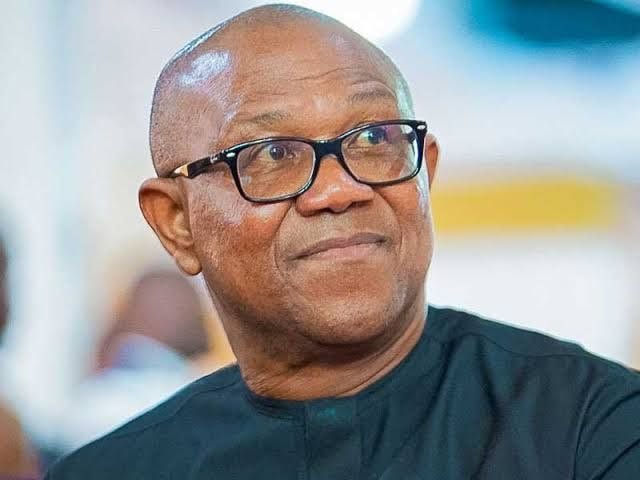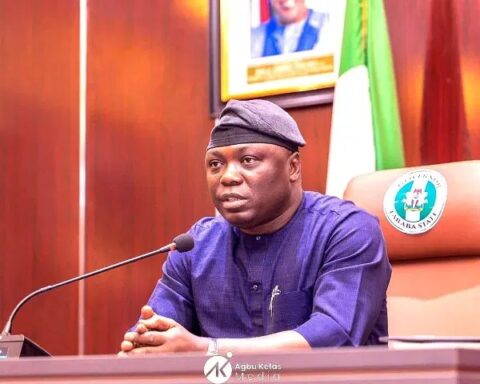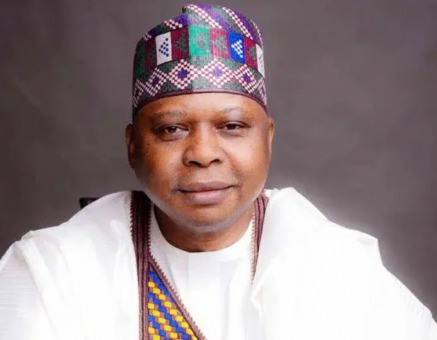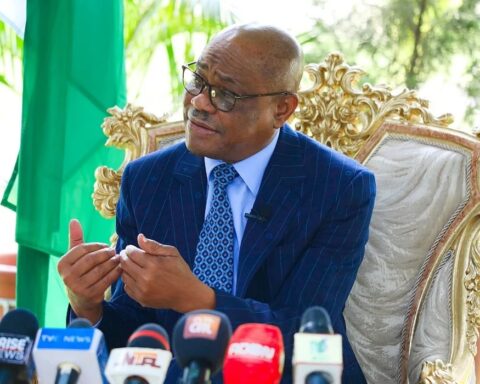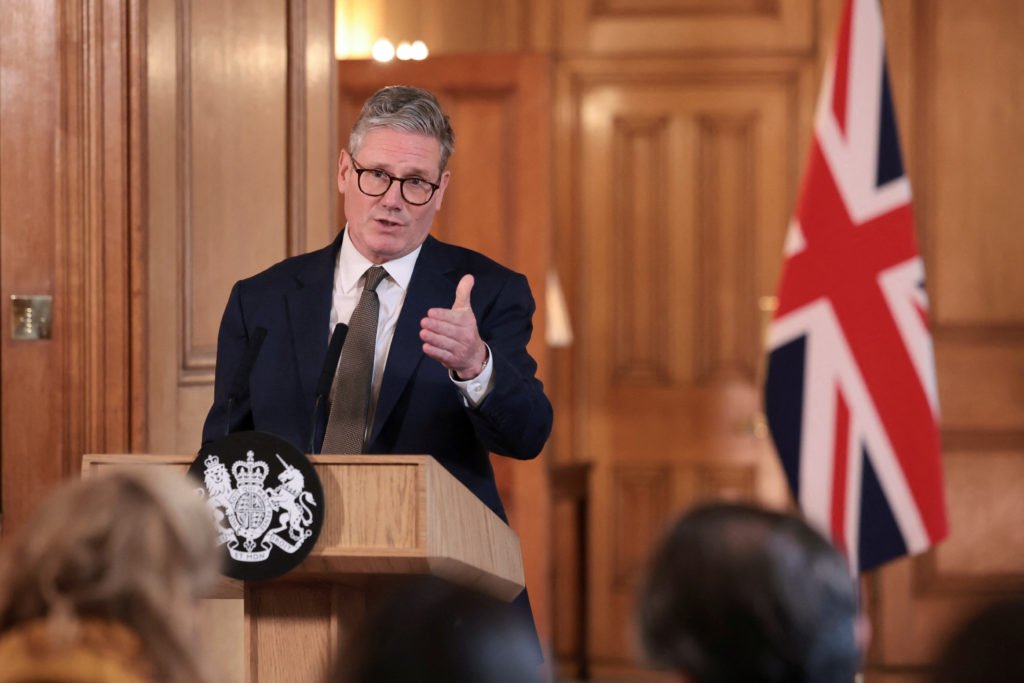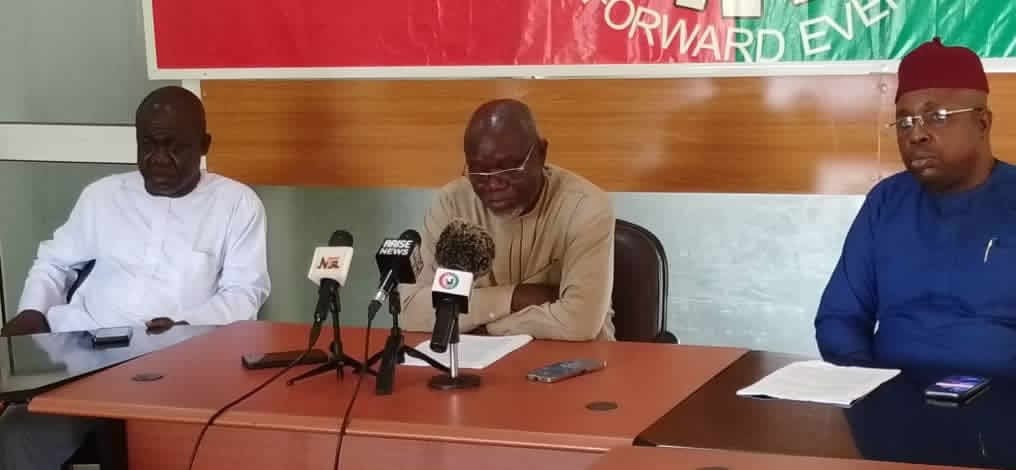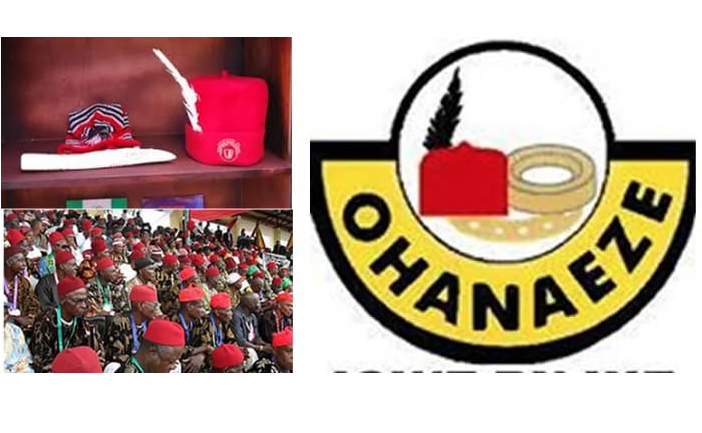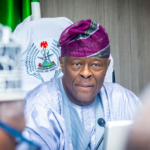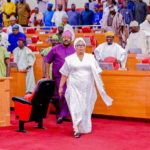Peter Obi, the former governor of Anambra State and 2023 presidential candidate for the Labour Party, has become a central figure in Nigeria’s political discourse. His rise reflects a growing desire among Nigerians, especially the youth, for a departure from traditional political structures.
Obi’s appeal lies in his reputation for frugality, transparency, and a commitment to good governance. These qualities have resonated with a populace weary of corruption and inefficiency. His campaign attracted significant support from young Nigerians, who organized massive rallies and leveraged social media to amplify his message.
Despite not winning the 2023 election, Obi’s influence remains substantial. His movement has challenged the dominance of established parties and introduced a new dynamic into Nigerian politics. Observers note that his continued engagement could reshape future electoral outcomes.
However, sustaining this momentum requires strategic planning and organizational strength. As Nigeria approaches the 2027 elections, the question remains whether Obi can transform his popularity into lasting political change.
Critics, including Lagos State Governor Babajide Sanwo-Olu and Anambra State Governor Chukwuma Charles Soludo, have questioned Obi’s governance record and moral authority to critique current leadership. Despite such criticisms, Obi’s focus on issues like education, healthcare, and poverty alleviation continues to resonate with many Nigerians.
As Nigeria’s political landscape evolves, Peter Obi’s influence underscores a shift towards issue-based politics and the growing power of grassroots movements.
Follow us on all social media platforms @dailyquery for news and analyses around the globe.
